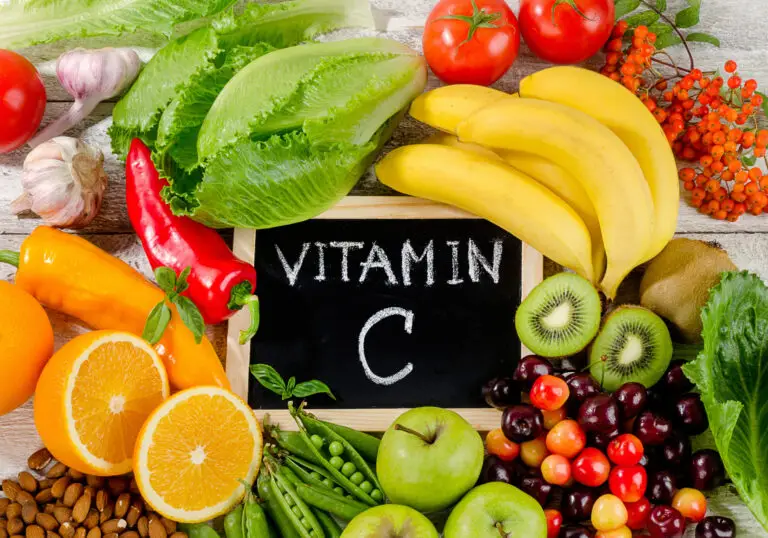Amino acids are the building blocks of proteins and play crucial roles in various bodily functions. Among the 20 standard amino acids, Glutamine and Lysine are two that stand out due to their unique benefits and functions. Understanding the differences between these two amino acids can help you optimize your nutrition and supplementation for better health, performance, and recovery.
What is Glutamine?
Glutamine is a non-essential amino acid, meaning that the body can produce it naturally. However, under certain conditions such as stress, intense exercise, or illness, the body may require more Glutamine than it can produce. It plays several critical roles in the body:
- Muscle Recovery: Glutamine is essential for muscle protein synthesis, which helps repair and build muscle tissue after exercise.
- Immune Support: It serves as a fuel source for immune cells, aiding in immune function.
- Gut Health: Glutamine supports the integrity of the intestinal lining, which is crucial for gut health.
- Nitrogen Balance: It helps maintain nitrogen balance in the body, which is vital for overall health and recovery.
Sources of Glutamine
Glutamine can be found in various food sources, including:
- Meat
- Fish
- Eggs
- Dairy products
- Beans
- Nuts
What is Lysine?
Lysine is an essential amino acid, which means that the body cannot produce it and it must be obtained through diet. It has several important functions, including:
- Protein Synthesis: Lysine is vital for the production of proteins in the body.
- Calcium Absorption: It helps in the absorption of calcium, promoting bone health.
- Collagen Formation: Lysine is involved in the formation of collagen, which is essential for skin, cartilage, and connective tissue.
- Immune Function: It plays a role in the production of antibodies, supporting immune function.
- Carnitine Production: Lysine is necessary for the production of carnitine, a compound involved in fat metabolism.
Sources of Lysine
Lysine can be found in various food sources, including:
- Meat
- Fish
- Eggs
- Dairy products
- Legumes
- Soy products
Differences Between Glutamine and Lysine
Here are the points of difference between Glutamine Vs. Lysine
- Synthesis and Classification
The primary difference between Glutamine and Lysine lies in their classification. Glutamine is a non-essential amino acid, while Lysine is essential. This means that Glutamine can be synthesized by the body, but Lysine must be obtained from the diet.
- Functions in the Body
- Glutamine: Primarily involved in muscle recovery, immune support, gut health, and nitrogen balance.
- Lysine: Plays a crucial role in protein synthesis, calcium absorption, collagen formation, immune function, and carnitine production.
- Dietary Sources
While both amino acids can be obtained from similar food sources, such as meat, fish, eggs, and dairy products, they serve different functions and have different benefits. Ensuring a balanced intake of both amino acids is essential for overall health and well-being.
Why do you need Glutamine and Lysine Supplementation?
Supplementation of these amino acids may be necessary under certain conditions:
- Glutamine: Often supplemented by athletes and individuals with high physical stress to support muscle recovery and immune function.
- Lysine: May be supplemented to support bone health, collagen formation, and immune function, especially in individuals with dietary restrictions or deficiencies.
Strength and Recovery Cocktail for Glutamine and Lysine
To optimize the benefits of both Glutamine and Lysine, consider incorporating them into a comprehensive supplementation strategy. The Strength and Recovery Cocktail IV at IV Lounge offers a powerful blend of amino acids and nutrients designed to support strength, recovery, and overall health. This cocktail includes:
- Glutamine: Supports muscle recovery and immune function.
- Ornithine: Helps reduce fatigue and improve endurance.
- Arginine: Enhances blood flow and supports cardiovascular health.
- Lysine: Supports protein synthesis, calcium absorption, and immune function.
- Citrulline: Boosts nitric oxide production, improving blood flow and reducing muscle fatigue.
- Carnitine: Aids in fat metabolism and energy production.
- B Complex: Supports energy production and overall metabolic function.
- B12: Essential for red blood cell production and neurological function.
- Calcium: Supports bone health and muscle function.
- Magnesium: Helps regulate muscle and nerve function, blood sugar levels, and blood pressure.
- Potassium Bicarbonate: Aids in maintaining electrolyte balance and proper hydration.
Unlock Your Full Potential with Strength and Recovery Cocktail IV
Achieving optimal health and performance requires more than just diet and exercise. The Strength and Recovery Cocktail IV at IV Lounge provides a powerful blend of Glutamine, Lysine, and other essential nutrients designed to support your body’s strength and recovery needs. Whether you’re an athlete looking to enhance performance or someone seeking to improve overall wellness, this IV therapy can help you reach your goals.
Ready to experience the benefits of the Strength and Recovery Cocktail ? Contact IV Lounge today to schedule your session and unlock your full potential. Our team of professionals is dedicated to providing personalized treatments to help you achieve optimal health and wellness.










